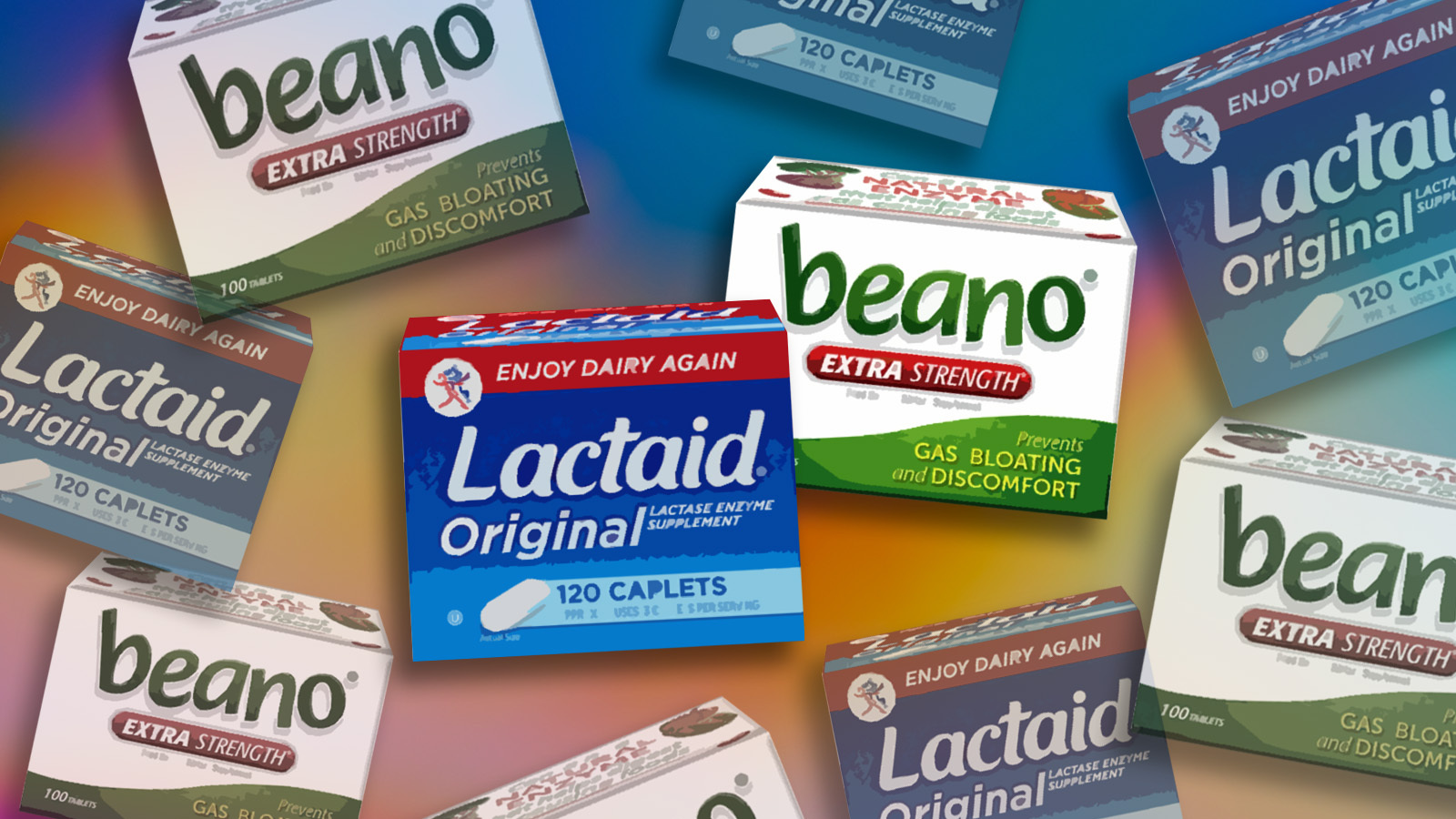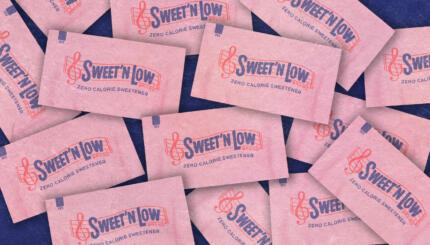It’s par for the (main) course that the sight of a juicy, mouth-watering brisket or a dish of buttery kugel will make one’s stomach rumble with delight and anticipation.
But does your gut grumble after you indulge in such dishes? Sadly, you are not alone. Many of the most beloved Jewish comfort foods can be hard on the digestive system, leading to unpleasant (and embarrassingly audible) consequences.
For many Jews, a sensitive stomach is genetic. According to some studies, an estimated 75% of all Jews cannot digest lactose (milk sugar); one review of 110 Jewish Israeli youth found, for example, that 62% were “lactose malabsorbers.” Ernest Abel, professor of obstetrics and gynecology at Wayne State University and author of “Jewish Genetic Diseases: A Layman’s Guide,” further asserts that gastro-intestinal disorders, such as irritable bowel syndrome, are disproportionately common in the Jewish population. Ashkenazi Jews are also two to four times more likely to be afflicted with Crohn’s disease, a condition in which the digestive tract is chronically inflamed.
Researchers have hypothesized that for Jews having a predilection for, um, passing gas (among other GI woes) may have held evolutionary advantages, as such physical responses may have helped protect the body against unsanitary food and living environments rampant in many ghettos and shetls.
The Nosher celebrates the traditions and recipes that have brought Jews together for centuries. Donate today to keep The Nosher's stories and recipes accessible to all.
For the dairy-loving and rich-food-adoring Jew, however, the problem of the perpetual risk of sour stomachs remains; however, it should come as no surprise that a Jewish person also created the solution to this problem. And we’re not talking just about seltzer.
Enter Alan Kligerman (born 1930), son of Jewish immigrants from Ukraine and Belarus, Cornell dropout and third-generation milkman. In a 2019 interview with The Jewish Book Center, Kligerman describes his innate economic ambitions and entrepreneurial drive:
“I was always working, trying to make money. I set up pins at the local bowling alley, I scooped ice cream at the pharmacy — I always tried to have a dollar in my pocket.”
It was while working as a child in the family dairy farm that Kligerman first became aware of the causal link between the aerial application of pesticides (AKA crop dusting) and the consumption of milk or high-fiber food. In graduate school, he found himself still fascinated by this fraught relationship and studied the associated biochemical reactions. And thus the seed was planted to develop a drug to rectify these potentially sonorific and stinky situations (though for full disclosure, others — including Ben Franklin — had suggested similar products).
In 1974, Kligerman developed the first of two game-changing remedies: Lactaid, a form of milk fortified with the enzyme lactase, which enabled the digestion of milk products. Then, in the 1980s, Kligerman began investigating the facets of vegetables, specifically their polysaccharides and oligosaccharides, that can cause flatulence. When these complex sugars pass through the large intestine, they can be fermented by intestinal flora, which give rise to gas and painful bloating. Kligerman’s intense study of breaking wind led to another breakthrough: the development of Beano in 1990, an over-the-counter aid containing the enzyme α-GAL, which functions in the digestive tract to break down the complex or branching sugars in legumes and cruciferous vegetables. Via the α-GAL in Beano, these foods are rendered more digestible, thus enabling culinary enthusiasts and adventurous eaters to say “toot toot tootsie goodbye!” to intestinal gas.
And say farewell to farting, they did — and not just Jewish Americans. From coast to coast and for over four decades, consumers have embraced Beano and Lactaid, earning Kligerman an estimated $100 million dollars in revenue. His accomplishments have also made him rich in academic as well as cultural accolades. In 1991, Kligerman was awarded a Ig Nobel Prize, and Supreme Court Justice John Paul Steves purportedly is a fan.
So, next time you eat your favorite dish, and feel a little squish, it’s no shanda. Alan Kligerman has you (and your butt) covered.



